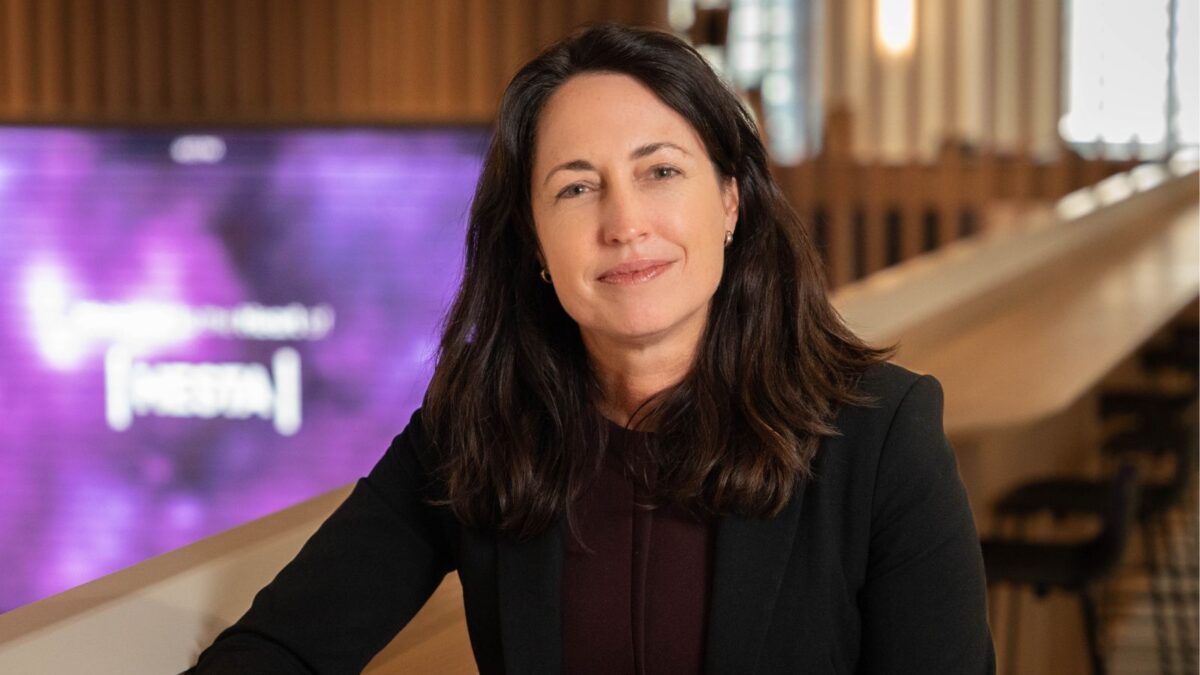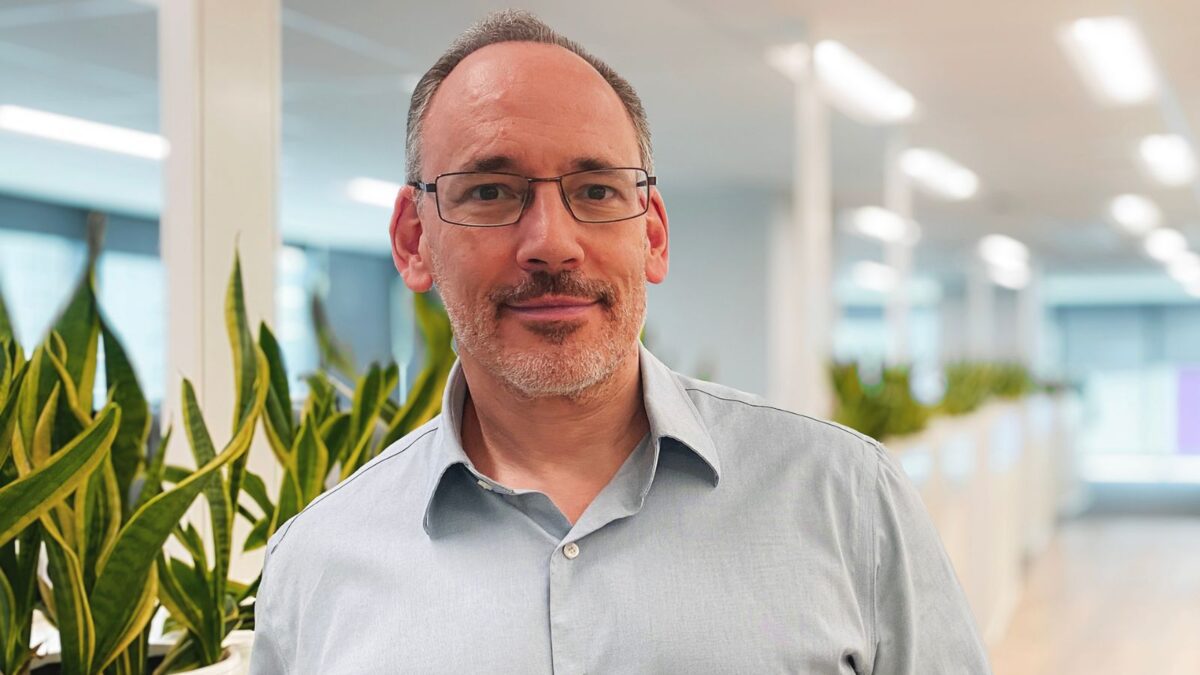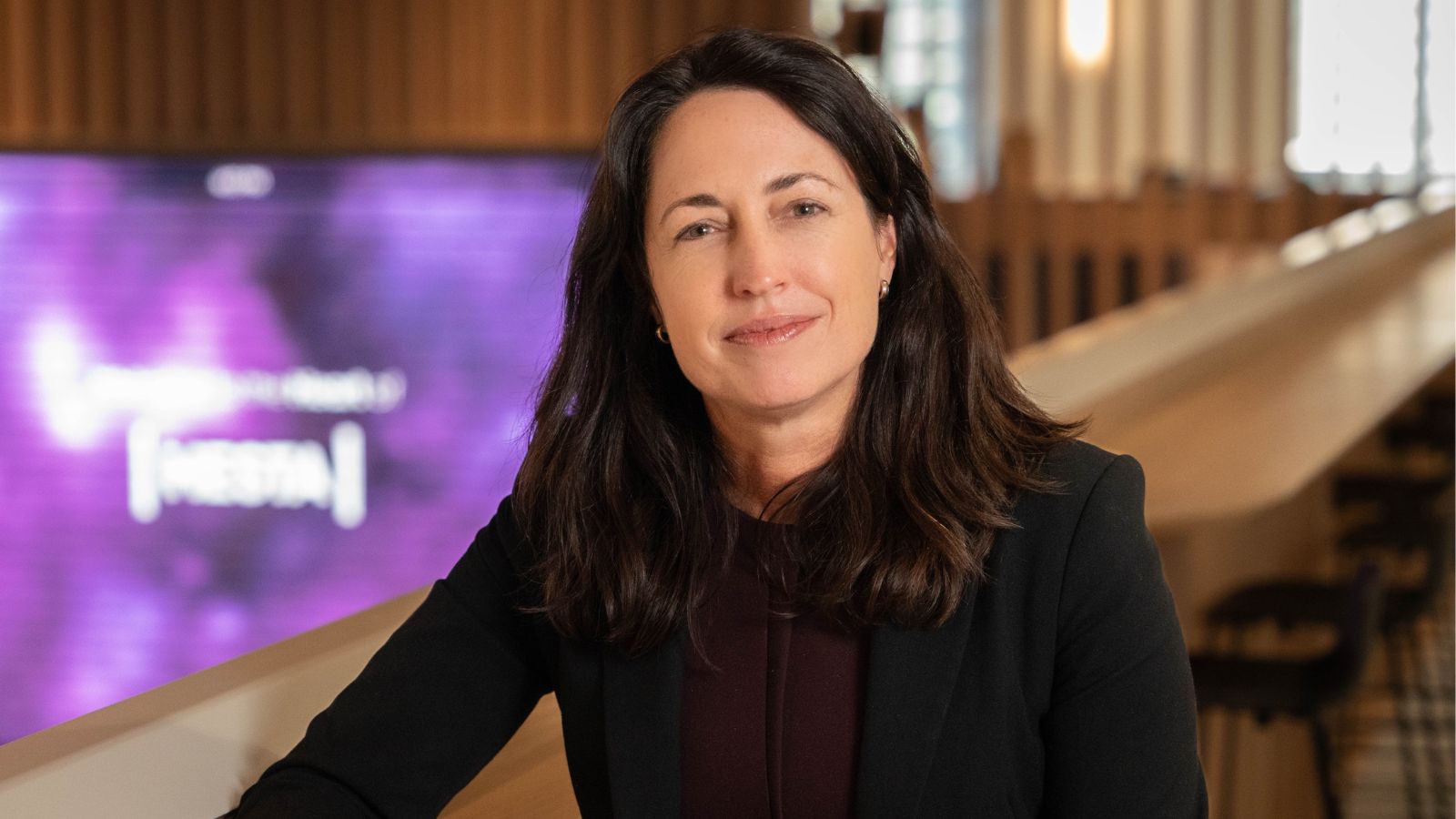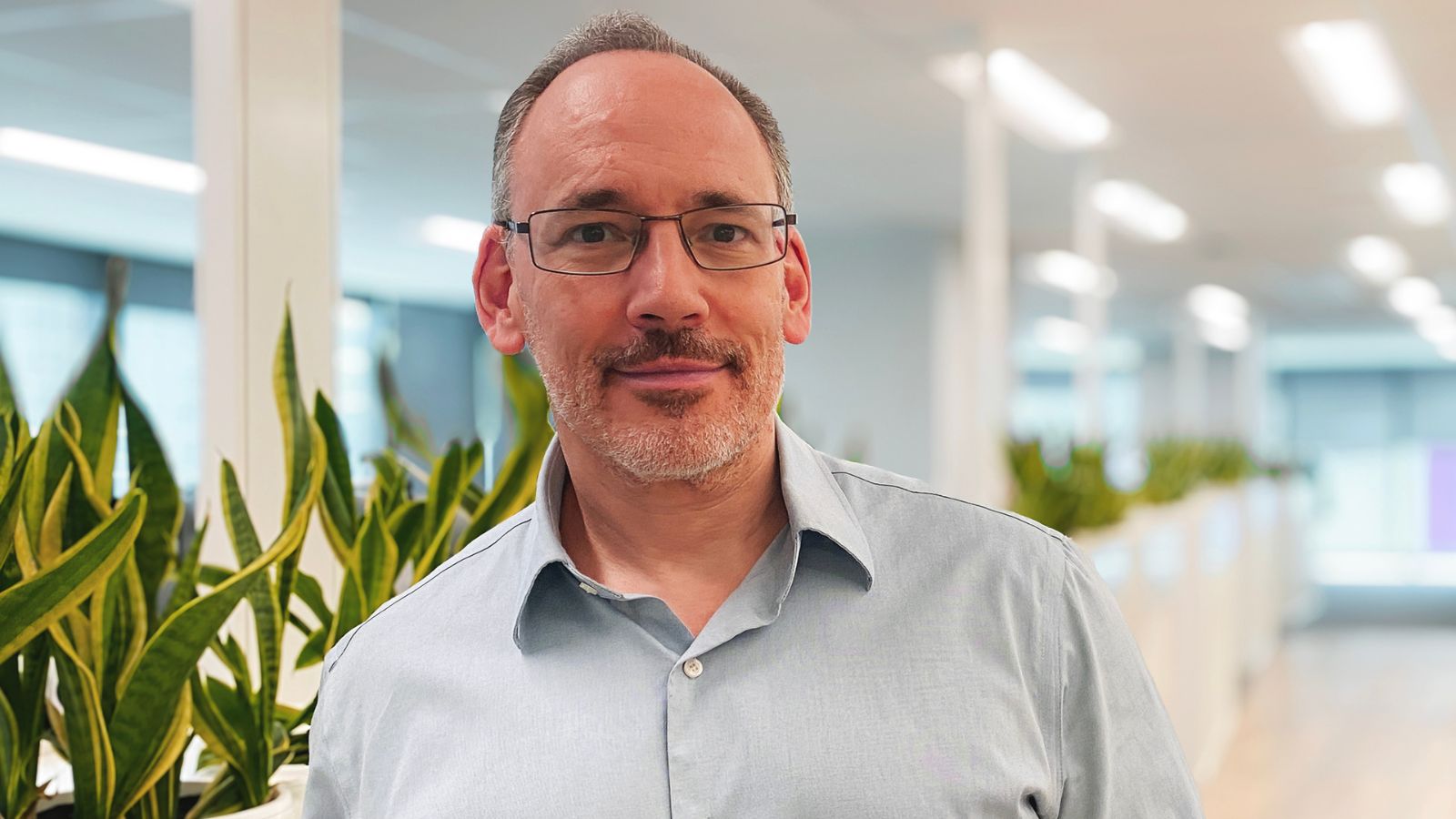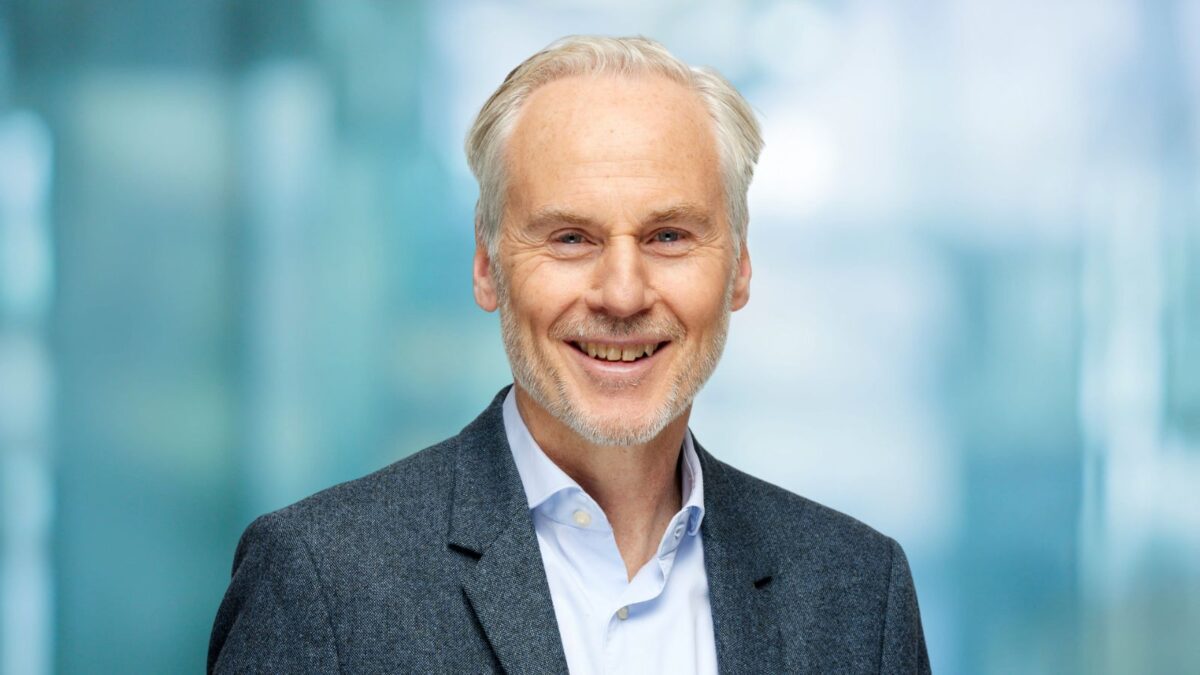… as Calvert enters Australian market for ESG strategies
One of the largest and oldest ESG-specialist fund managers in the world, Calvert Research and Management, has entered the Australian market following its purchase last year by Eaton Vance. Calvert provides a different perspective on the topic than most other managers.
Anthony Eames, the vice president and director of the main ‘Responsible Investment Strategy’ at Calvert, based in Boston, said at a presentation in Sydney last week that there had been a “nice evolution” in the past 10-15 years from what is referred to as “negative screens” on ESG factors, to “positive screens” and impact investing.
The terminology and the data feeds associated with ESG investing remain an issue for the industry, but the trend is undeniable. More super funds are not only engaging ESG principles and strategies, they are also integrating them in all aspects of their businesses – throughout investments of all types and for consideration in their own administration and engagement with members.
Importantly, there is no longer a debate about whether ESG costs money – it’s actually the opposite. The new debate is about how it can add the most value to investment portfolios. The all may seem like an evolution but, in terms of its effect on the investment world, it’s been a revolution.
Eaton Vance, as a multi-affiliate manager, now represents Calvert’s investment offerings in Australia and New Zealand. Duncan Hodnett, that firm’s Australia and New Zealand country head, said that responsible investing was becoming mainstream, not only applicable to the signatories of the United Nations-backed Principles of Responsible Investing, of which many Australian funds and managers are members.
“This is very exciting for us,” he said. “Calvert was started in 1976 and is one of the founding signatories of UNPRI. They are one of the best, if not the best, exponents of ESG investing in the world.”
Eames said that, globally, there was now about US$23 trillion managed in this fashion, at the end of 2016, according to an independent survey, which represented roughly one-in-four dollars professionally managed. In the US, according to the same survey, US$8.7 trillion is managed on ESG principles, up by 33 per cent on the previous survey in 2014.
“When we [Calvert] started 40 years ago, there were two other mutual funds in the US that managed money like this. Now there are more than 1,000… About 80 per cent of S&P 500 companies issued sustainability reports last year,” he said.
Eames, on his first visit to Australia after 21 years at Calvert, said that the indication was that the adviser market was also going down this same path. In Eaton Vance’s latest survey of adviser attitudes, 40 per cent of respondents said they thought ESG would become more important in the future.
“This is being driven largely by female advisers and the younger advisers,” Eames said. “And the US election [of Donald Trump as president] has also contributed to it because of the increasing concerns about a changing political environment.”
Calvert launched the world’s fixed income fund which is managed using ESG principles, in 1987, and now manages roughly half of its total assets in fixed income, including municipal bonds.
Muni bonds, as they are known, represent an area of particular expertise for Eaton Vance and provide a type-of liquid infrastructure investments.
“Muni bonds have a matrix which rhymes with what we are doing,” Eames said. “We look at three things: the sector, for instance an airport bond would get a low score because of carbon emissions; the issuing organisation; and, the use of the proceeds. We rate them all.”
Hodnett said that Eaton Vance’s global equities portfolios and its global small-cap equities management would be utilising Calvert’s capabilities. The firm also had a “comprehensive framework” for credit and fixed income management. “For big funds which have internal teams we can also partner up to deliver better ESG solutions,” he said.

